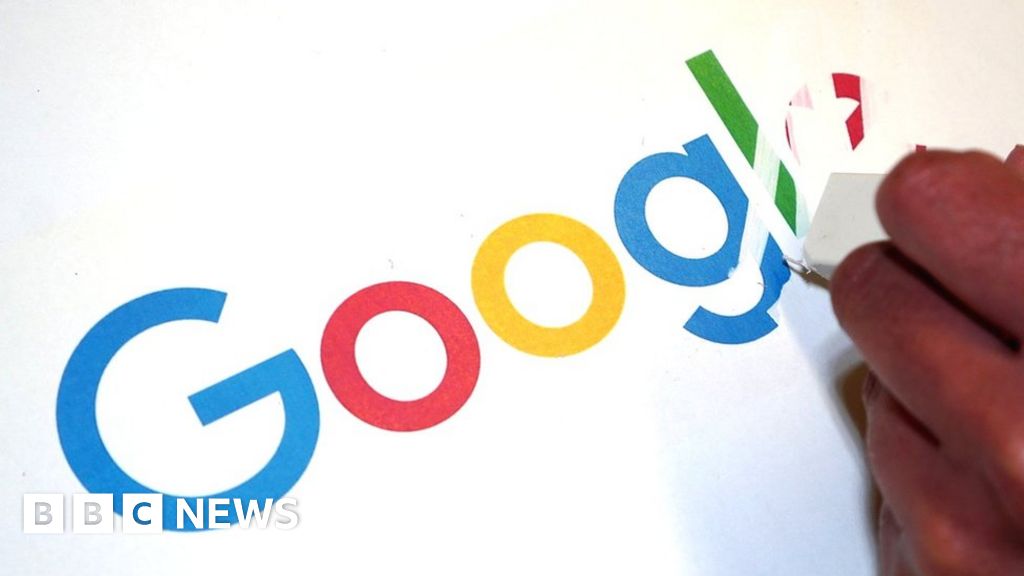Google Loses 'right To Be Forgotten' Case


A businessman fighting for the "right to be forgotten" has won a UK High Court action against Google.
The man, who has not been named due to reporting restrictions surrounding the case, wanted search results about a past crime he had committed removed from the search engine.
The judge, Mr Justice Mark Warby, ruled in his favour on Friday.
But he rejected a separate claim made by another businessman who had committed a more serious crime.
The businessman who won his case was convicted 10 years ago of conspiring to intercept communications. He spent six months in jail.
The other businessman, who lost his case, was convicted more than 10 years ago of conspiring to account falsely. He spent four years in jail.
Both had ordered Google to remove search results about their convictions, including links to news articles, stating that they were no longer relevant.
They took Google to court when it refused to remove the search results.
Google said it would accept the rulings.
"We work hard to comply with the right to be forgotten, but we take great care not to remove search results that are in the public interest," it said in a statement.
"We are pleased that the Court recognised our efforts in this area, and we will respect the judgements they have made in this case."
The right to be forgotten is a legal precedent set by the Court of Justice of the European Union in 2014, following a case brought by Spaniard Mario Costeja Gonzalez who had asked Google to remove information about his financial history.
Google says it has removed 800,000 pages from its results following so-called "right to be forgotten" requests. However, search engines can decline to remove pages if they judge them to remain in the public interest.
Explaining the decisions made on Friday, the judge said one of the men had continued to "mislead the public" while the other had "shown remorse".
The Open Rights Group, which campaigns for internet freedoms, said the rulings set a "legal precedent".
"The right to be forgotten is meant to apply to information that is no longer relevant but disproportionately impacts a person," said Jim Killock, executive director.
"The Court will have to balance the public's right to access the historical record, the precise impacts on the person, and the public interest."
From Chip War To Cloud War: The Next Frontier In Global Tech Competition
The global chip war, characterized by intense competition among nations and corporations for supremacy in semiconductor ... Read more
The High Stakes Of Tech Regulation: Security Risks And Market Dynamics
The influence of tech giants in the global economy continues to grow, raising crucial questions about how to balance sec... Read more
The Tyranny Of Instagram Interiors: Why It's Time To Break Free From Algorithm-Driven Aesthetics
Instagram has become a dominant force in shaping interior design trends, offering a seemingly endless stream of inspirat... Read more
The Data Crunch In AI: Strategies For Sustainability
Exploring solutions to the imminent exhaustion of internet data for AI training.As the artificial intelligence (AI) indu... Read more
Google Abandons Four-Year Effort To Remove Cookies From Chrome Browser
After four years of dedicated effort, Google has decided to abandon its plan to remove third-party cookies from its Chro... Read more
LinkedIn Embraces AI And Gamification To Drive User Engagement And Revenue
In an effort to tackle slowing revenue growth and enhance user engagement, LinkedIn is turning to artificial intelligenc... Read more

